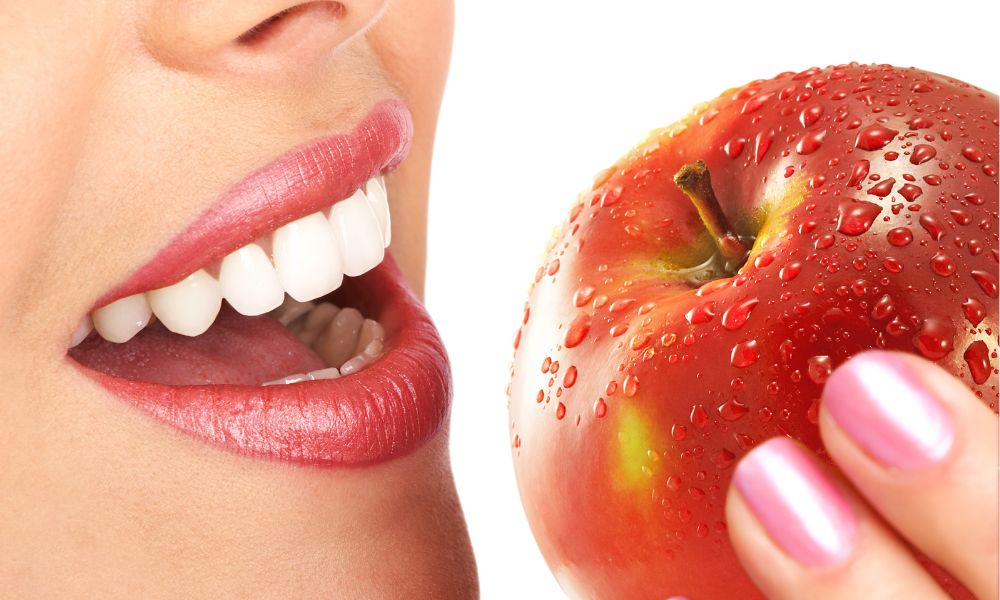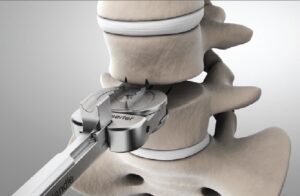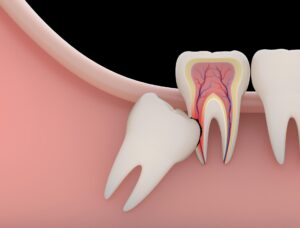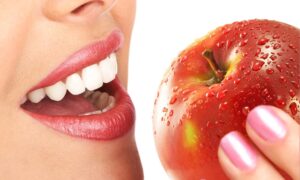
A child’s nutrition is crucial to dental development and long-term oral health. What children eat and drink affects their teeth from the earliest stages of development through adolescence. Smile Buds Pediatric Dentistry & Orthodontics recognises that parents who understand the connection between diet and dental health can make choices that support overall nutrition and healthy smiles for their children.
Nutrients for building strong smiles
Proper tooth formation and jaw development depend on specific nutrients, especially during critical growth periods. These nutrients build the foundation for lifelong dental health.
- Calcium strengthens tooth enamel and the jawbone that supports teeth. Children need adequate calcium throughout development, with needs increasing during growth spurts. Dairy products, fortified non-dairy alternatives, leafy greens, and calcium-set tofu provide excellent sources of this essential mineral.
- Phosphorus builds and maintains strong teeth and jawbones. Found abundantly in protein-rich foods like eggs, fish, lean meats, nuts, and legumes, phosphorus helps maximise calcium’s benefits for dental structures.
- Vitamin D enables calcium absorption and utilisation. Even adequate calcium intake cannot correctly support dental development without sufficient vitamin D. While sunlight exposure triggers vitamin D production in the skin, dietary sources include fatty fish, egg yolks, and fortified products.
- Vitamin C supports gum health by maintaining the collagen network that holds teeth securely in place. Strong, healthy gums form the foundation for healthy teeth. Citrus fruits, strawberries, bell peppers, and broccoli provide abundant vitamin C, though parents should be mindful of acidic fruits’ potential effects on enamel.
Cavity culprits – What’s harming teeth?
What children eat directly influences their risk of developing cavities through several mechanisms:
- Sugar consumption frequency matters more than total quantity. Each sugar exposure triggers acid production by oral bacteria, lasting up to 30 minutes. Frequent snacking or sipping on sugary drinks throughout the day means teeth experience near-constant acid attacks. Limiting sweet foods and drinks to mealtimes reduces this acid exposure significantly.
- Sticky foods pose particular challenges because they adhere to teeth surfaces, prolonging sugar exposure. Dried fruits, chewy candies, and even crackers that fragment and stick between teeth create ideal conditions for cavity-causing bacteria. When these foods are consumed, prompt brushing or, at minimum, rinsing with water afterwards helps mitigate risks.
- Acidic foods and beverages can erode dental enamel directly, even without sugar’s involvement. Citrus fruits, tomato products, sports drinks, and sodas (even sugar-free varieties) all contribute to enamel erosion. Consuming these items with meals rather than alone helps neutralise acids while waiting 30-60 minutes before brushing prevents damage to temporarily softened enamel.
- Timing of consumption also affects cavity risk. Eating shortly before bedtime without brushing afterwards is particularly problematic, as decreased saliva flow during sleep reduces the natural cleansing and neutralisation of acids.
Smile superfoods
Some foods actively support oral health through mechanical cleaning, pH balancing, or antimicrobial properties:
- Crunchy fruits and vegetables are natural toothbrushes, scrubbing away plaque and stimulating saliva production. These foods’ high water content also dilutes sugars and acids in the mouth.
- Cheese and yoghurt provide multiple benefits: they neutralise oral acids, provide calcium and phosphorus for remineralisation, and contain proteins that may protect tooth enamel. Research shows that eating cheese after a meal can help prevent cavity formation.
- Sugar-free chewing gum stimulates saliva flow, nature’s best defence against cavities. Saliva washes out the food particles, neutralises acids, and contains minerals that help repair early enamel damage. Gums containing xylitol provide additional benefits by inhibiting bacterial growth.
- Water remains the ideal beverage for dental health, especially fluoridated water that strengthens enamel. Replacing sugary drinks with water dramatically reduces cavity risk while supporting overall health.
Healthy choices – Starting young
Creating positive relationships with tooth-friendly foods begins in early childhood:
- Model healthy choices by eating nutritious foods yourself. Children often mimic parents’ eating patterns, making family meals powerful teaching opportunities.
- Involve children in meal planning and preparation in age-appropriate ways. This participation increases willingness to try new foods and builds understanding of nutritional concepts.
- Establish regular meal and snack times rather than allowing all-day grazing. This structured approach reduces the frequency of acid attacks on teeth while supporting better overall nutrition.
- Create positive associations with healthy foods by avoiding using sweets as rewards. Instead, focus on the enjoyment and benefits of nutritious options to build lifelong healthy eating patterns.
The connection between diet and dental health extends beyond just avoiding sugar. It maintains healthy teeth and gums throughout childhood and beyond.
Name: Smile Buds Pediatric Dentistry & Orthodontics
Address: 3342 Verdugo Rd suite b, Los Angeles, CA 90065
Website: https://www.smilebuds.com/
Phone: (323) 825-8558







